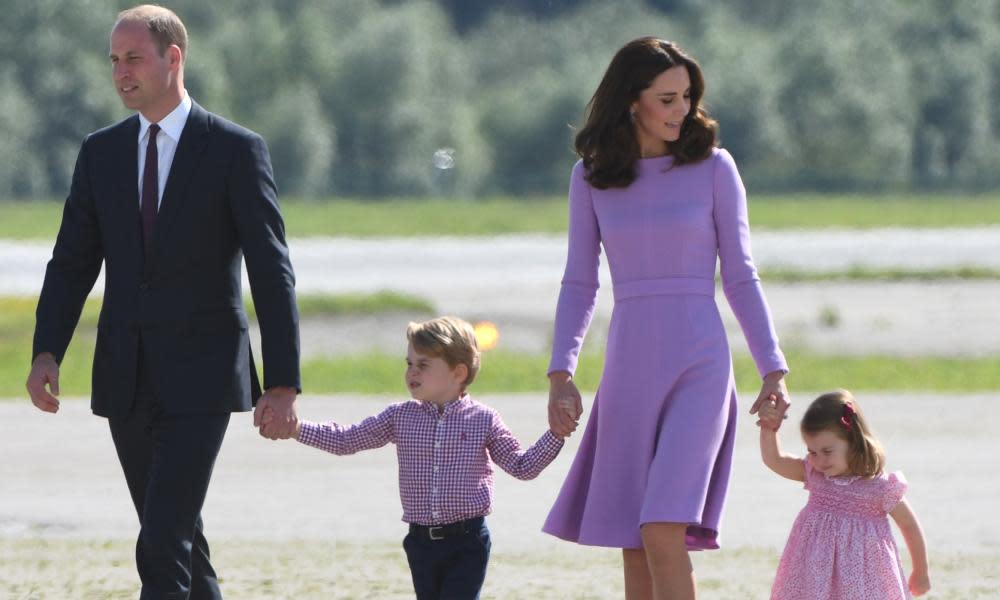Prince George, a small boy yet also a symbol in the public conversation | Paul Chadwick | Open door

The story concerned two-year-old comments by a cleric to this effect: pray that Prince George is gay because a royal same-sex marriage could help to make the Church of England more inclusive of LGBT people. Among the campaigner’s nine suggestions was the option to pray “for the Lord to bless Prince George with a love, when he grows up, of a fine young gentleman”.
The recently announced engagement of Prince Harry and Meghan Markle seemed to give matters marriage and royal renewed prominence, and among others the Guardian covered the comments in news and opinion articles.
Objections from some readers included:
• “I am disturbed and outraged that an article primarily about sexuality has an accompanying photograph of a child. This is a complete misjudgment and does little credit to journalism or the continuing challenge of child exploitation.”
• “The fact that it is … a third party’s remarks does not excuse using the picture of a four-year-old child with a headline suggesting his or her sexuality.”
• “Discussing the intimate sexual details of a child who has only just entered school is really appalling …Along with the picture, I truly believe this is gutter journalism.”
The Very Reverend Kelvin Holdsworth, a minister in the Scottish Episcopal Church and provost of St Mary’s Cathedral in Glasgow, responded to the publicity on his blog: “The ironic comment that I made quite a while ago could be seen as hurtful to members of the royal family, a group of people whom I actually rather admire. I’m sorry that something I wrote has been interpreted in the way that it has … The issues about the church and its capacity to welcome same-sex couples who want to be married remain important. However, I won’t be part of a media circus that puts further pressure on members of the royal family.”
Views will vary about whether Holdsworth’s original comments were well judged, but they were clearly newsworthy, especially in a country in which the monarch heads the established church. Journalistically, pictures of Prince George were a natural accompaniment.
The Guardian coverage cannot reasonably be understood to be suggesting a particular small boy’s sexuality. Yes, Holdsworth’s comments arrest attention, but they have a context.
Adults can leave childhood innocence to one side – as it were, at play in its genuinely splendid isolation – as we debate matters of public interest.
I interpret Holdsworth to have been stretching rhetorically in order to emphasise his view. By urging prayer, he was implying that the inclusiveness he advocates is consistent with the faith.
Editorial standards about coverage of children, including use of images of children, are directed at protecting them. Their welfare is paramount. In this case, the welfare of Prince George was not at risk.
The factor that made Holdsworth’s comments newsworthy is the unique fame of Prince George, third in line to the throne. It is in that capacity that the little prince figures in the coverage, not as just any small boy or as a small boy whose identity could be, or ought to be, obscured in this context. At times in the public conversation, his fate is to be every small boy.
Royal fame, by birth or marriage, is a distinct category in a taxonomy of fame that includes: fame by election or appointment (for example, politicians, judges); fame by achievement (sports stars, actors, leaders in any field with mass impact); by association (spouses of those in other categories); by chance (people affected randomly by disaster and tragedy or, less often, good fortune); and royal fame.
In my experience, these categories can be useful when weighing decisions about how far privacy – a right but not an absolute one – might justifiably give way to the public interest in particular circumstances.

 Yahoo News
Yahoo News 
